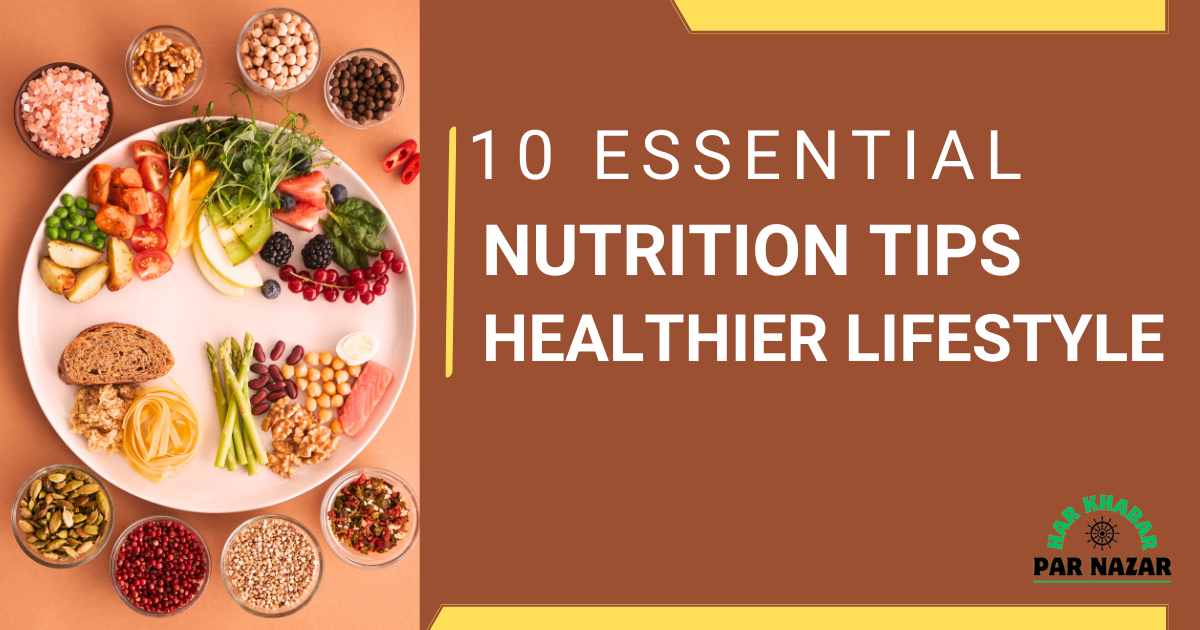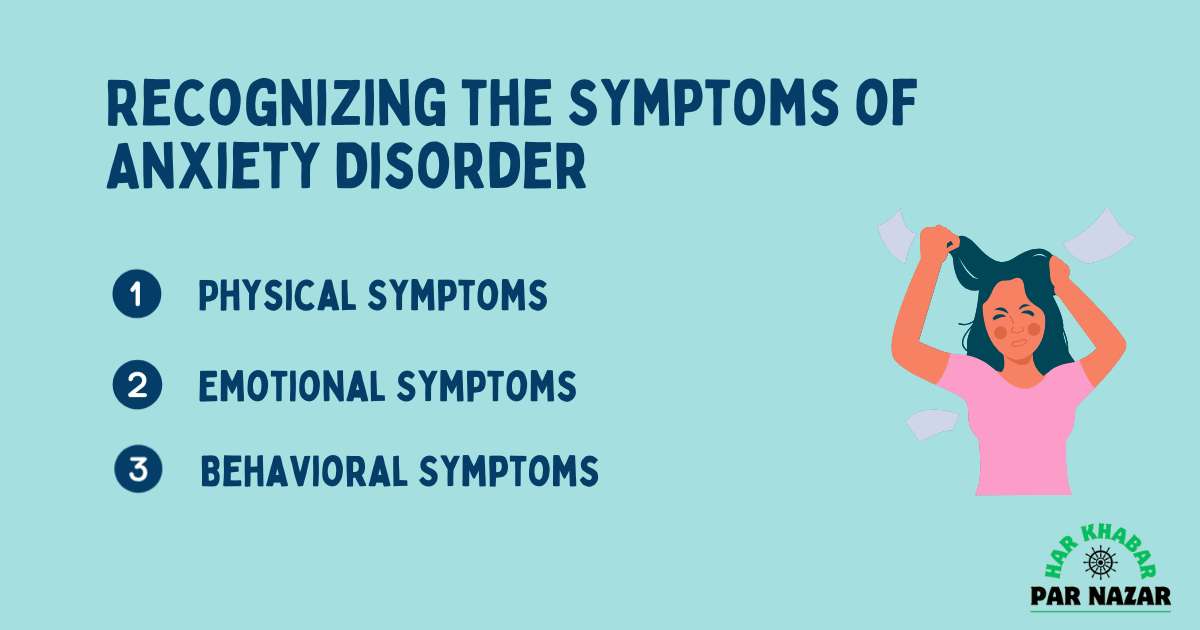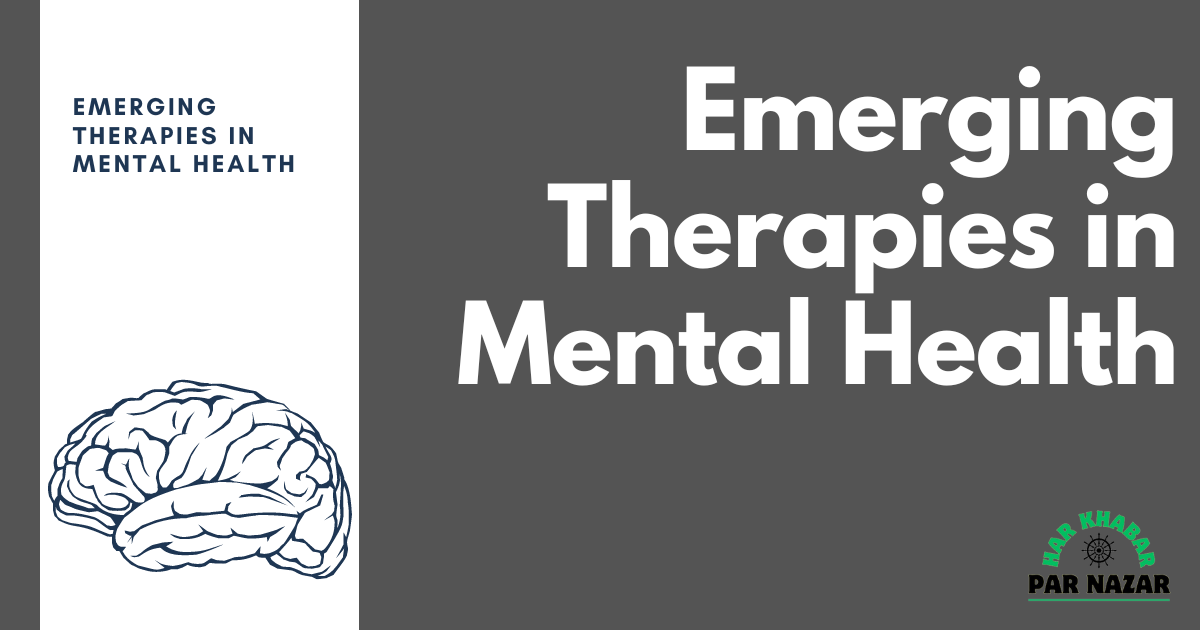.png)
Transform Your Life with a Plant-Based Diet
Are you ready to boost your health and make a positive impact on the environment? Welcome to the world of plant-based diets. This article will help you through the benefits, tips, and delicious recipes that make plant-based eating an appealing choice for health enthusiasts.
Introduction to Plant-Based Diet
A plant-based diet focuses on foods derived from plants, including fruits, vegetables, nuts, seeds, oils, whole grains, legumes, and beans. Unlike traditional vegetarian or vegan diets, a plant-based diet isn't necessarily devoid of animal products. Instead, it emphasizes consuming more plants and less meat, dairy, and processed foods.
The rise of plant-based eating has been forced by raised awareness of its potential health benefits and the environmental issues related to meat consumption. Whether you're examining to enhance your fitness, lose weight, or support sustainability efforts, transitioning to a plant-based diet can offer numerous advantages.
In this article, we will describe the health benefits of a plant-based diet, provide practical tips for beginners, share some mouthwatering recipes, and discuss the environmental impact of plant-based eating.
Health Benefits of a Plant-Based Diet
-
Heart Health
One of the most significant benefits of a plant-based diet is its positive effect on heart health. Investigations have shown that people who follow plant-based diets have a more subordinate risk of developing heart disease. This is due to the diet's high content of fiber, antioxidants, and healthful fats, which help to decline cholesterol levels and enhance blood pressure.
-
Weight Management
Following a plant-based diet can make maintaining a healthy weight easier. Plant-based foods are inferior in calories and higher in fiber, helping you feel full for longer. Research shows that those on plant-based diets tend to have lower BMIs than regular meat and dairy consumers.
-
Diabetes Prevention
A plant-based diet can help prevent diabetes by enhancing insulin sensitiveness and sustaining stable blood sugar levels. Studies show that individuals following plant-based diets have a more inferior risk of acquiring kind 2 diabetes.
Tips for Transitioning to a Plant-Based Diet
-
Start Slow
Transitioning to a plant-based diet can happen gradually by including more plant-based meals into your act and decreasing consumption of flesh and dairy products.
-
Meal Planning
Meal planning is essential when adopting a plant-based diet. By preparing your dinners ahead of time, you can appreciate various fields of nutritious and mouthwatering options every week. Consider batch-cooking staples like grains, beans, and roasted vegetables to save time during busy weekdays.
-
Protein Sources
Plant-based diets often raise concerns about protein intake. However, there are several plant-based protein sources, such as beans, lentils, chickpeas, tofu, tempeh, quinoa, and nuts. Including these foods in your diet ensures meeting nutritional needs.
-
Dining Out
Research restaurants ahead of time to find those that offer plant-based options. Don't hesitate to ask servers about modifying dishes to be plant-based by removing or substituting ingredients.
Delicious Plant-Based Recipes
Breakfast
Overnight Oats
Ingredients:
- 1/2 cup rolled oats
- 1/2 cup almond milk
- 1 tbsp chia seeds
- 1/2 tsp vanilla extract
- Fresh fruit for topping
Instructions:
-
Combine oats, almond milk, chia seeds, and vanilla extract in a jar.
-
Stir well and cool overnight.
-
Start your day right by topping it with fresh fruit and indulge in the deliciousness!
Lunch
Quinoa Salad
Ingredients:
- 1 cup cooked quinoa
- 1 cup cherry tomatoes, halved
- One cucumber, diced
- 1/4 cup red onion, chopped
- 1/4 cup fresh parsley, chopped
- 2 tbsp olive oil
- 1 tbsp lemon juice
- Salt and pepper to taste
Instructions:
-
In a large bowl, combine quinoa, cherry tomatoes, cucumber, red onion, and parsley.
-
Drizzle with olive oil and lemon juice.
-
Season with salt and pepper.
-
Toss well and serve chilled.
Dinner
Lentil Bolognese
Ingredients:
- 1 cup green lentils, cooked
- One onion, diced
- Two cloves garlic, minced
- One carrot, diced
- One celery stalk, diced
- One can of crushed tomatoes
- 1 tbsp olive oil
- 1 tsp dried basil
- 1 tsp dried oregano
- Salt and pepper to taste
Instructions:
-
Warm olive oil in a big pan over medium heat.
-
Count onion, garlic, carrot, and celery. Sauté until softened.
-
Stir in crushed tomatoes, basil, oregano, salt, and pepper.
-
Add cooked lentils and simmer for 20 minutes.
-
Serve over your favourite pasta.
Snacks
Energy Balls
Ingredients:
- 1 cup rolled oats
- 1/2 cup almond butter
- 1/4 cup honey or maple syrup
- 1/4 cup dark chocolate chips
- 1 tsp vanilla extract
Instructions:
-
In a large bowl, combine all ingredients.
-
Mix well and roll into small balls.
-
Refrigerate for at least 30 minutes before serving.
Sustainability and Environmental Impact
-
Reducing Carbon Footprint
Switching to a plant-based diet significantly reduces your carbon footprint. By consuming more plant-based foods, you can help mitigate these environmental impacts.
-
Conserving Water
Producing plant-based foods typically requires less water than raising animals for meat and dairy. For example, it brings around 1,800 gallons of water to construct one pound of beef, corresponding to just 100 gallons for one pound of wheat. Choosing plant-based options helps conserve this precious resource.
-
Supporting Biodiversity
Plant-based diets also support biodiversity. Large-scale animal farming often leads to habitat destruction and loss of biodiversity. By declining our dependence on animal products, we can help protect natural ecosystems and promote a more sustainable food system.
Conclusion
Assuming a plant-based diet shows numerous health benefits, including improved heart health, weight management, and diabetes prevention. With practical tips and delicious recipes, transitioning to a plant-based diet can be enjoyable and sustainable. Additionally, the environmental benefits of plant-based eating contribute to a healthier planet.
Ready to make the switch? Explore the world of plant-based eating and join a community of health enthusiasts dedicated to making positive changes for their well-being and the environment. For personalized guidance, consider booking a session with one of our nutrition experts who can help you plan your plant-based journey.
.png)

.png)



